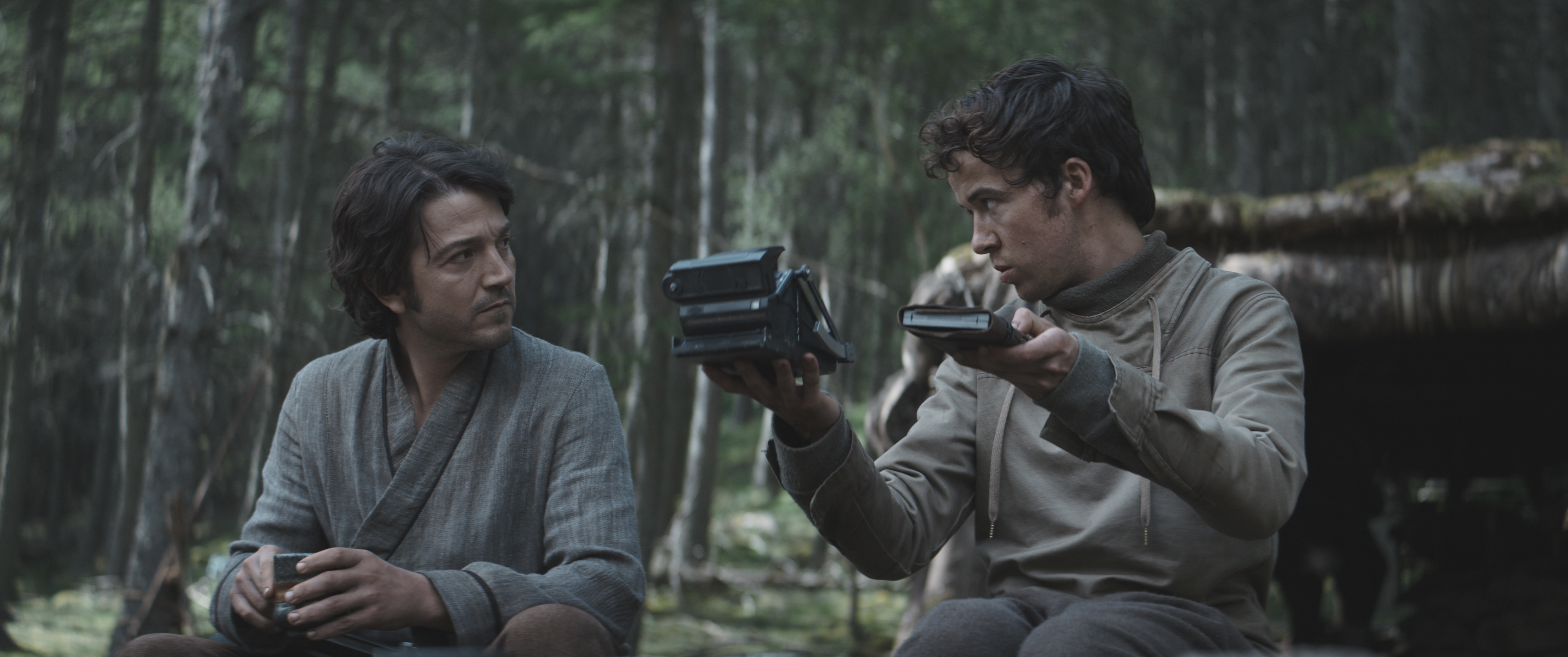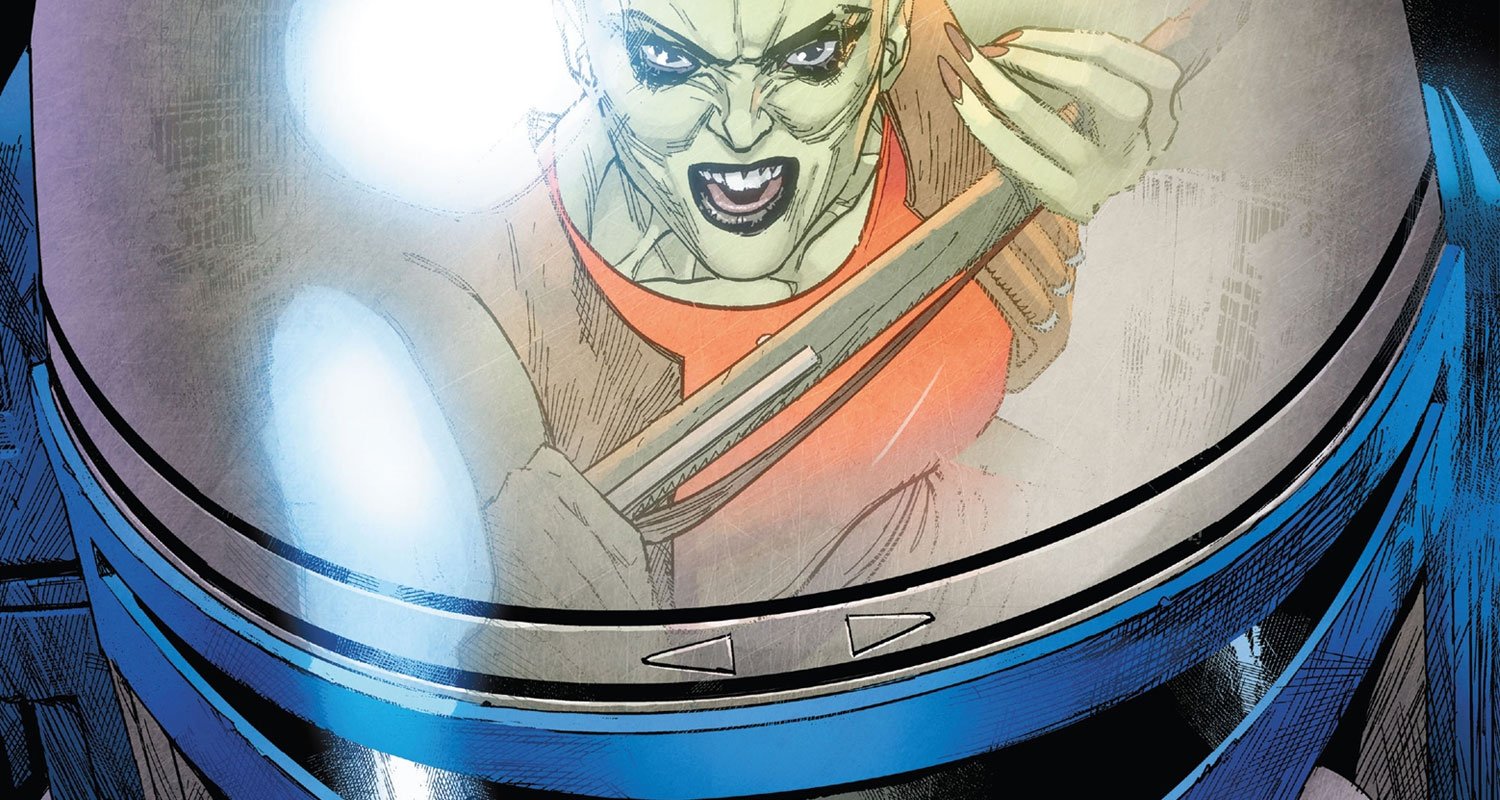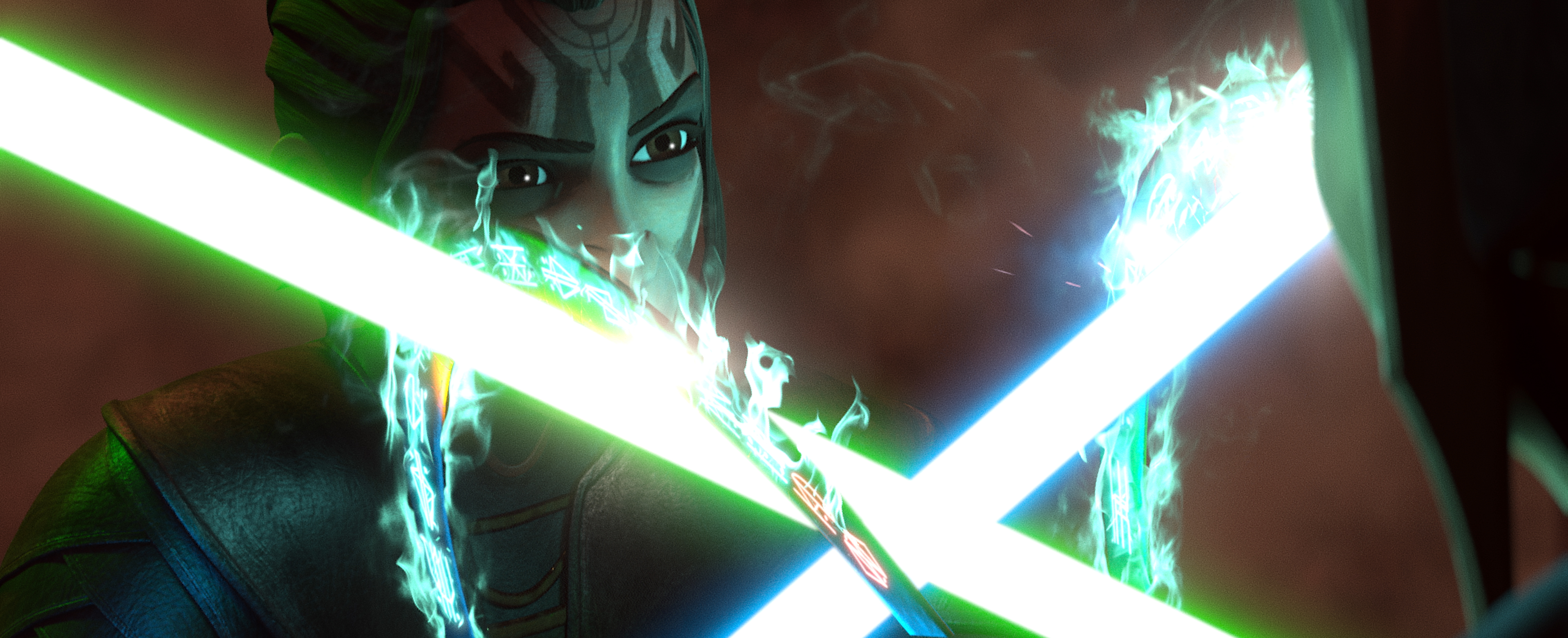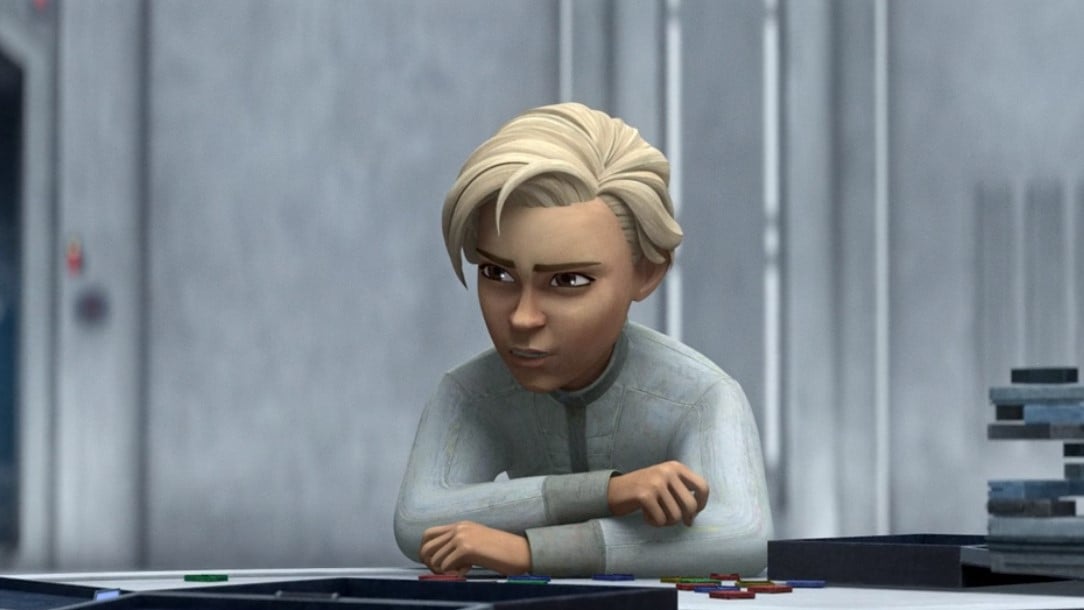Michael Chabon Believes A Perfect Starfleet Is Inhuman – And He’s Right
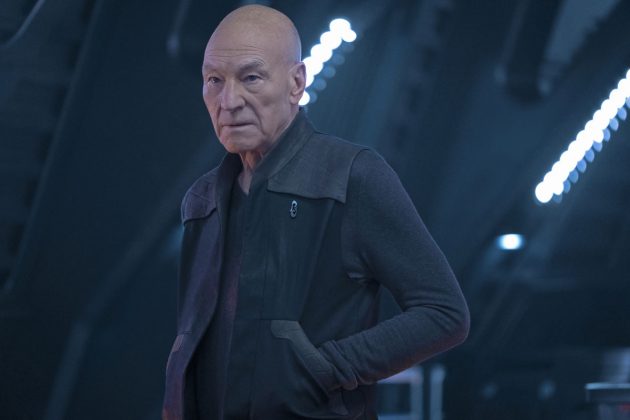
Patrick Stewart promised Star Trek: Picard wouldn’t be the Trek we’re used to. That hasn’t stopped critiques on its direction, particularly regarding recent dark turns. Executive producer and show runner Michael Chabon took to Instagram to address those concerns. His considered responses underline why a darker Trek is not only relevant, but necessary.
In a series of posts on Instagram, Chabon provides thoughtful and detailed responses to critiques that the show is too dark, and strays from its roots.
To drill down (there’s a lot!), let’s focus on perhaps the most insightful quote.
If nothing can ever truly test the Federation, if nothing can rock its perfection, then it’s just a magical land. It’s Lothlorien, in its enchanted bubble, untouchable by the Shadow. And, also, profoundly *inhuman*. To me it’s the humanity of the Federation—which means among many admirable things, its imperfection, its vulnerability and the constant need to defend it from our own worst natures—that makes it truly inspiring.
A lot of fans, understandably, view Star Trek as a warm, happy, positive world that encourages inclusion and progress. For the last fifty plus years, Trek has been about a future devoid of hunger, poverty and racism. It’s been about a human race that survived its greed and ignorance to evolve in ways we can barely consider. But it’s never been perfect. Perfection has never been the point of Trek. Only progress.
As Q tells Picard at the end of The Next Generation’s final episode, “All Good Things”:
That is the exploration that awaits you. Not mapping stars and studying nebulae, but charting the unknown possibilities of existence.
Our world is very divided at the moment. That probably goes without saying. Just saying it induces certain responses, and no doubt, clicks away from this page. Some positive, sunshine-soaked Trek might be the perfect tonic right now, but the series, in all of its incarnations, has never shied from confronting the imperfections and injustices of its (future) moment. A future where everything is sorted and perfect can never be aspirational; it can never be the future. It would simply be an extension of a fictional now, and though Trek is a fiction, it’s a series with profound impact on the world. Not because it presents everything as happy-go-lucky; because it looks at the world as it is, warts and all.
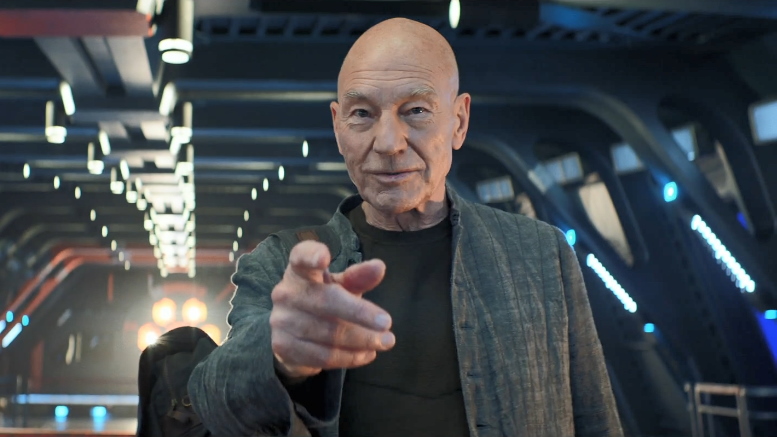
The world is divided. So is fandom. A lot of the critiques of Star Trek: Picard recall those directed at Star Wars, particularly The Last Jedi. In fact, there’s a great deal of overlap between the characters of Jean-Luc Picard and Luke Skywalker, and how each hero of old is depicted in his later years. As I alluded to in my review of episode three of Picard, the similarities are profound. When we’re reintroduced to them, Picard and Luke have both retreated from the world. We’re stunned that Luke has turned his back on his calling, his family, his galaxy; though the circumstances are different, Picard similarly shuts the door on the people that love, trust and depend on him.
Much of the criticism surrounding The Last Jedi centered on Luke, and the disbelief that the character would ever behave the way he did. While that debate will remain in its own arena, it’s interesting to note how the depictions of the two characters produce similar critiques. In both cases, the characters and franchises are thought to be off course from what fandom expects.
Luke and Picard are heroes; they’re men of principle. Yet the critiques ignore, in part, the character’s history. We remember, as we do so often of loved ones and friends we’ve lived with all our lives, their best qualities. We might forget Picard was initially aloof, and only joined his senior staff’s regular poker game in the final moments of the final episode. We might forget that Luke Skywalker left his sister and his friends to turn himself into his father, in a knowingly futile gambit to protect them from Vader’s wrath. We might forget that Luke threw down his lightsaber against the Emperor, as Picard concedes the Enterprise-E to the Borg after initially intending to kill – anyone and anything – in the way of his revenge.
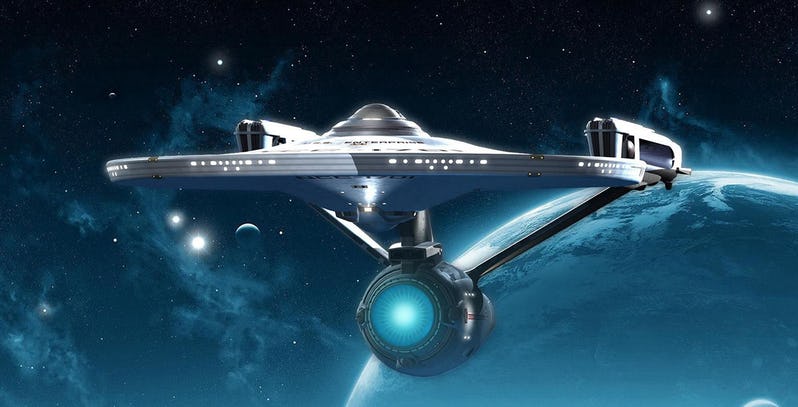
That’s not to say one person’s criticism of a story is wrong. We all expect different things. We all need different things from our stories, and those needs are often rooted in memory and the myth we attach to these figures. The Federation is perfect. Luke Skywalker is a god. But those things aren’t true, nor do we want them to be. As Chabon said in his response on Instagram:
To me it’s the humanity of the Federation—which means among many admirable things, its imperfection, its vulnerability and the constant need to defend it from our own worst natures—that makes it truly inspiring.
It’s the humanity of Picard – in doubt since his experience with Borg and at the root of his journey in the new series – that we want. The humanity of Luke Skywalker. We want heroes we can recognize. We want heroes that show that the future is always a work in progress, and that more than anything, there is a future. Some days, it might seem as if the world is falling apart. Certainly it did back in the 60s, when Star Trek first debuted. The future the show depicted was better, but imperfect. The same is true now.
Our memory of the future has to line up with the reality.
Darby Harn is a contributor for Screenrant, CBR.com, Star Wars News Net, and Movie News Net. He is the author of the sci-fi superhero novel EVER THE HERO. His short fiction appears in Strange Horizons, Interzone, Shimmer, and other venues.



